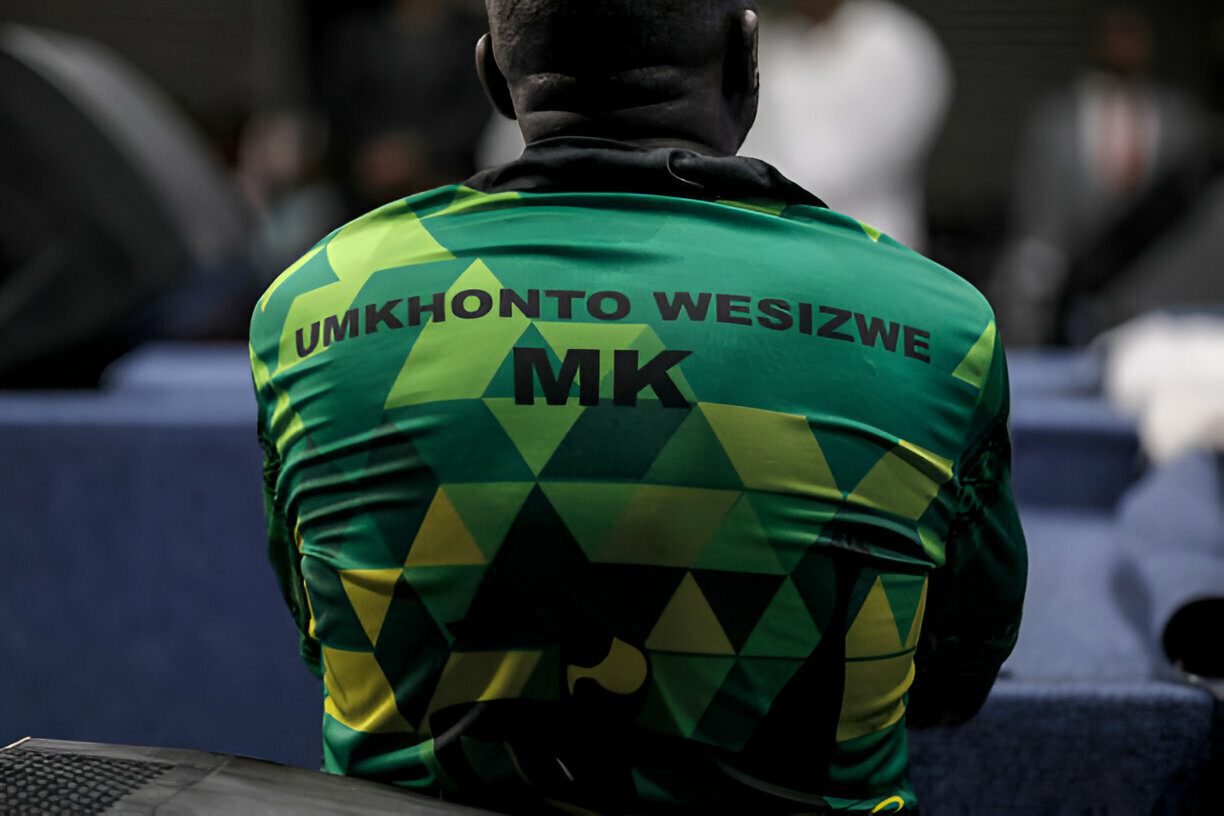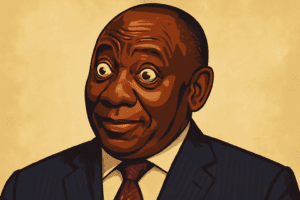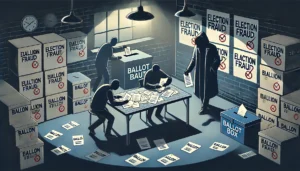The Electoral Court recently outlined its rationale for allowing former President Jacob Zuma to contend for a parliamentary seat despite his prior conviction and imprisonment by the Constitutional Court.
According to the court’s explanation, Zuma’s eligibility to run as a member of parliament is maintained because he is unable to appeal the Constitutional Court’s judgment that sentenced him to a 15-month term. This decision took into account the legal inability to contest the apex court’s ruling.
Zuma underwent his prison sentence at Estcourt Correctional Centre, located in KwaZulu-Natal. His period of incarceration is central to the ongoing legal interpretations affecting his political career.
The backdrop to this judicial clarification involves a subsequent plea for more time granted by the Constitutional Court to Zuma and the uMkhonto weSizwe (MK) party. This extension allows them to submit their responses concerning an appeal by the Electoral Commission of South Africa (IEC). The appeal itself, initiated by the IEC, seeks further insights from the highest court on the proper interpretation of section 47 of the Constitution.
In a statement last Friday, the Electoral Court reiterated Zuma’s candidacy status, emphasizing the constitutional provision allowing convicted individuals the right to appeal.
“In terms of section 47(1)(e) a person who is convicted of an offence and sentenced to more than 12 months’ imprisonment without an option of a fine is not eligible to be a member of National Assembly. The disqualification does not operate immediately. If there is an appeal against the conviction and/or sentence a nominated candidate remains eligible to be a member of the National Assembly pending the final determination of the appeal. In the event that the nominated candidate loses the appeal or elects to not appeal the conviction and/or sentence the disqualification kicks in and he or she becomes ineligible to be a member of the National Assembly,”
the judgment detailed.
The court further highlighted that a conviction and its corresponding sentence do not impact the convicted person’s rights until all appeals are exhausted, reinforcing that Zuma’s situation did not align with the typical process due to the inapplicability of an appeal.
The IEC faced criticism from the court for prematurely removing Zuma from the electoral list,
“In other words, the conviction and sentence do not take effect until the appeal process has taken place alternatively a convicted and sentenced person has elected to not appeal the conviction and/or sentence. In my view the sentence that was imposed on Zuma cannot be said to be a sentence which the section contemplates. The commission erred therefore to uphold an objection to Zuma’s candidacy on the basis that the sentence that was imposed on him disqualified him from being eligible to be a member of National Assembly.”
Amidst these legal proceedings, Zuma has actively campaigned for the MK party, which finds itself embroiled in legal disputes not only with the IEC but also with the ANC. The apex court is slated to hear the IEC’s appeal against Zuma’s inclusion on the MK party list, marking another significant chapter in this ongoing political and legal saga.











